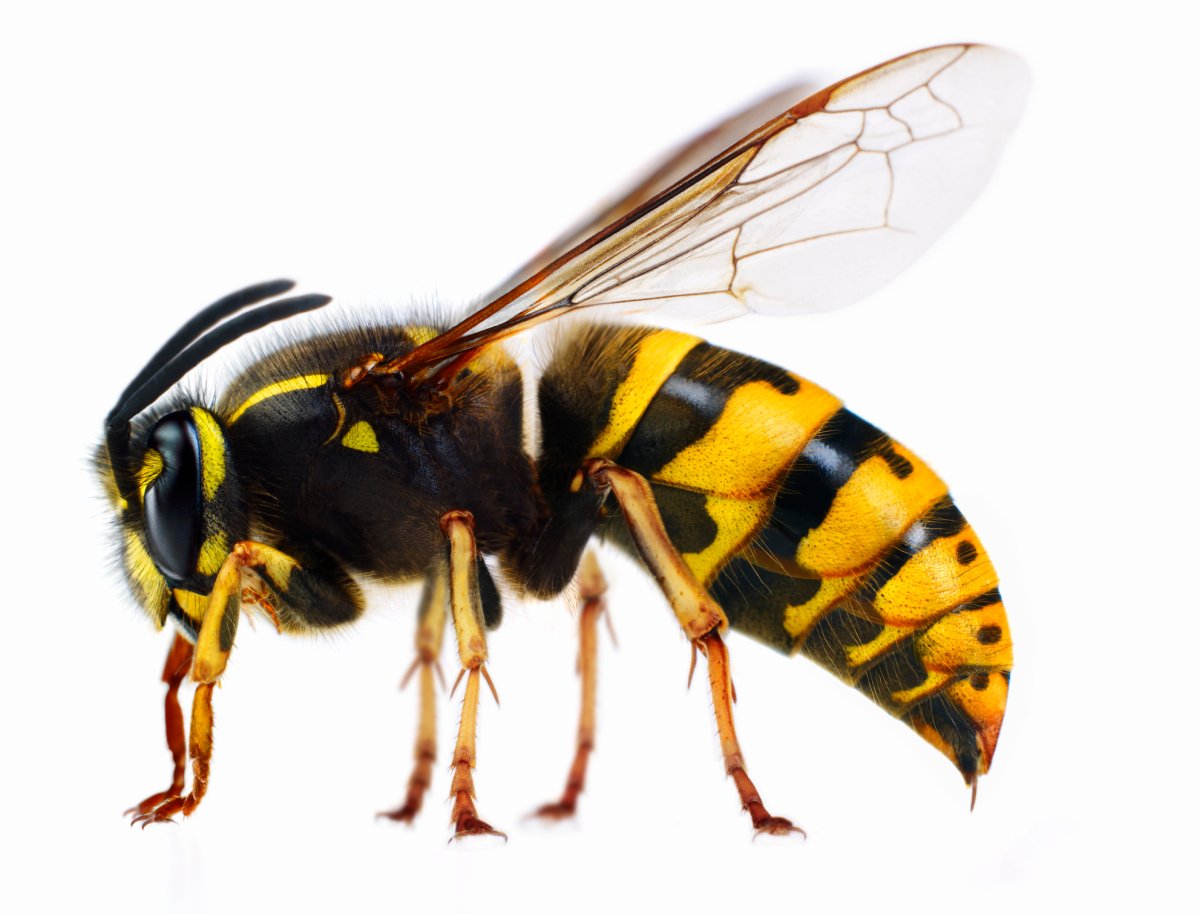If you’ve spent any time outdoors over the past few weeks in southern Ontario, you might have noticed more hornets buzzing about.

But are the numbers of wasps or hornets on the rise?
Not according to Gard Otis, professor emeritus of behavioural ecology and apiculture at the University of Guelph.
“It’s really hard to tell because it depends where you are and if you’re close to a nest, but I’m not personally seeing a lot of wasps right now. But it is a typical thing that this is the time of year that we start seeing a lot of different species of wasps that live in societies and social groups.”
He says it has to do with the life cycle of these insects.
“When spring comes, and they become active, the queen goes out and starts to make a new nest and things start out slowly so that in June and even July, the nests are very small. But as the summer goes on, the nest grows quickly and some of the larger nests of the species could have upwards of 300 wasps.”
Otis says that means the food demand right now is incredibly high and wasps and hornets will get desperate for energy to feed the nests, so they’re attracted to what you’re eating.
And if they feel like they’re in danger, they will sting you.
His advice is to let the insects do their thing.
“They’re more interested in the food than they are of you.”
Otis warns that if you jump up or try to swat the wasp or hornet, they will become defensive, increasing your chances of getting stung.
“I know people might be scared and the immediate might be to jump up or swat at the insect, but that’s the absolute worst thing to do. The best thing is to stay as calm as possible, move away from it, or remove the source, whatever they are coming to.”
Rest assured: the wasp season doesn’t last forever.
“By mid-October the colonies will have disintegrated, with the queens having mated and gone off to find wintering sites and the workers and males having slowly died.”








Comments